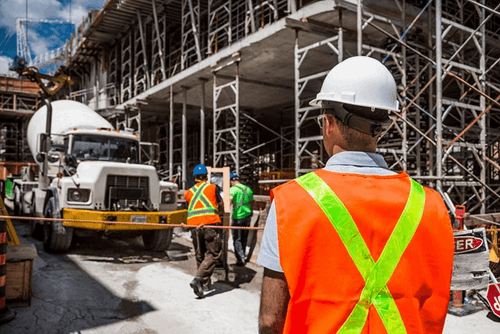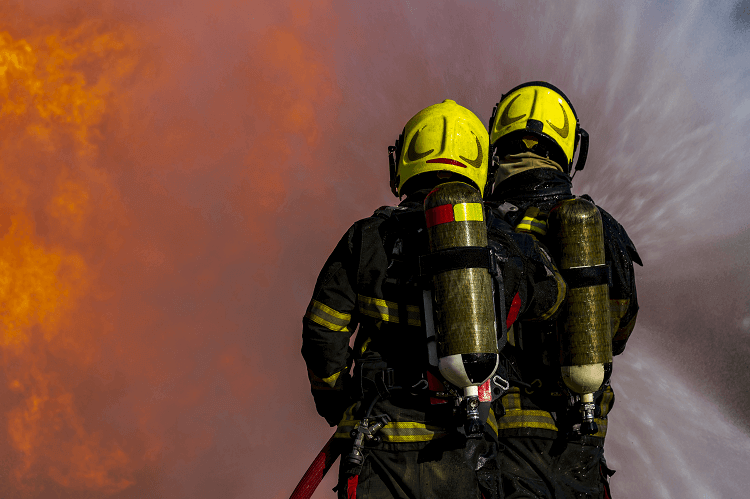You may believe all accidents are avoidable, or that they’re inevitable.
If you run a business, it doesn’t matter either way, so long as you do everything in your power to document, investigate, and aim to prevent all incidents.
However, even if you’re determined to prevent injury and damage to property in the workplace… the terminology can be a little confusing.
In this article, we’ll be pitting incidents vs accidents to see which is the most prominent in the workplace. We'll also advise about what to do in the event of either.

What is an incident in the workplace?
Let’s begin by defining exactly what an incident is.
An incident in the workplace is an unplanned event that doesn’t result in injury, but does cause damage to property, or has enough significant risk to merit recording.
For example, an oil spill in a kitchen would be a recordable incident, even if the oil injures no one and staff manages to clean the oil without damaging the area, as it poses a significant risk.
What is the difference between an accident and an incident?
The reason the two terms confuse people is due to the fact they’re regularly used interchangeably.
But they shouldn’t be.
The main difference between ‘accident’ and ‘incident’ is the former does result in personal injury or property damage. While the latter doesn’t result in personal injury.
You can categorise an incident under two sub-categories:
- Near miss (which is an internal recordable incident and should be investigated and recorded).
- Dangerous occurrence which is reportable under RIDDOR and should be reported within 10 days.
If an incident is a ‘near miss’, it is an event that doesn’t result in harm but has the potential to cause it.
If it is a ‘dangerous occurrence’, then it is a set of circumstances (rather than a specific event) that could potentially cause injury or ill health and meets the required criteria for reporting under RIDDOR.
An accident is a specific event that results in the injury, death, or ill health of an employee or a member of the public.
Why should all incidents in the workplace be reported?
The first and most important reason is to ensure that an incident doesn’t become an accident.
After all, incidents are just accidents waiting to happen.
Reporting is the most effective way of preventing further incidents, and helping prepare countermeasures and responses, should the worst happen.
It’s important to remember when reporting accidents and incidents at work that there’s no such thing as an unimportant injury or accident.
The smallest leakage can end in a workplace-wide flood, a broken cable begins with just a couple of broken strands.
What is the purpose of an incident report?
The main purpose of these reports is to prevent them from occurring again in the future, or becoming even worse and resulting in an accident.
Not only that, a near miss alone can wreak havoc on the workflow of your business.
Internally reporting an incident creates awareness of the issues, and prevents them from happening in the future, thus reducing the amount of disruption in your workplace.
In the event of a serious accident, you or a responsible person should notify the HSE without delay. You can do this online or via phone, details are on the HSE website.
Still uncertain?
Croner has a team of award-winning Health & Safety consultants who are specialists in their field. We've been helping businesses for over 80 years and our advice line is open 365 days a year, 24 hours a day. Why not speak to a Croner expert on 0800 124 4971.
Related resources
Categories
- Business Advice
- Contracts & Documentation
- Culture & Performance
- Disciplinary & Grievances
- Dismissals & Conduct
- Employee Conduct
- Employment Law
- Employment Rights Bill
- End of Contract
- Equality & Discrimination
- Health & Safety
- Hiring & Managing
- Leave & Absence
- Managing Health & Safety
- Moving
- Occupational Health
- Pay & Benefits
- Recruitment
- Risk & Welfare




